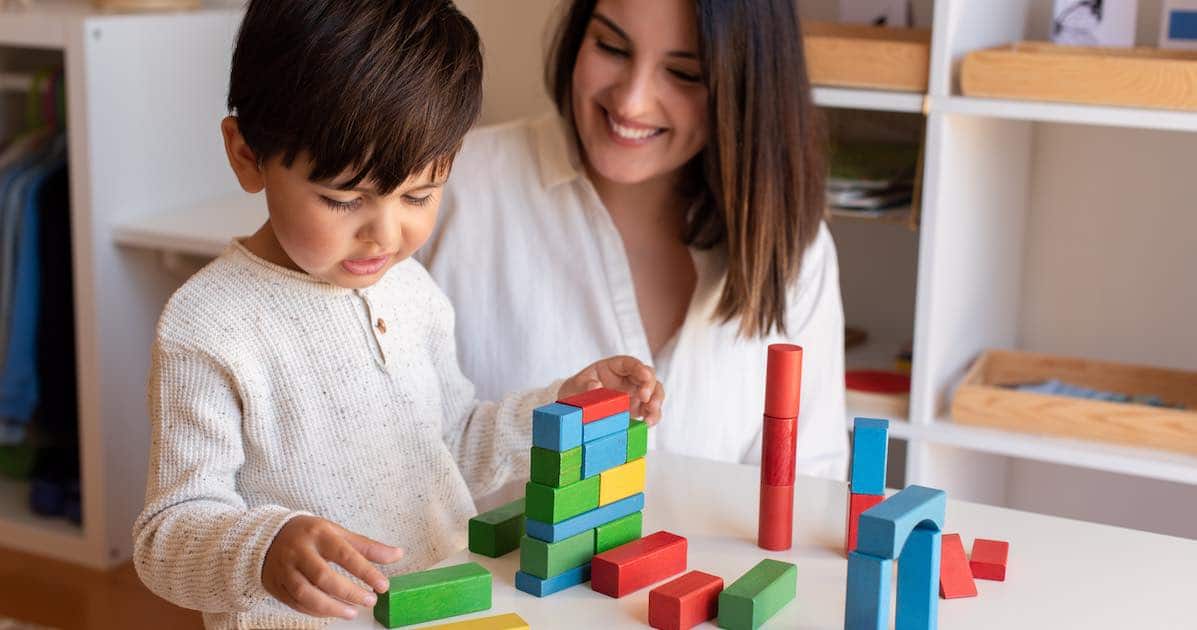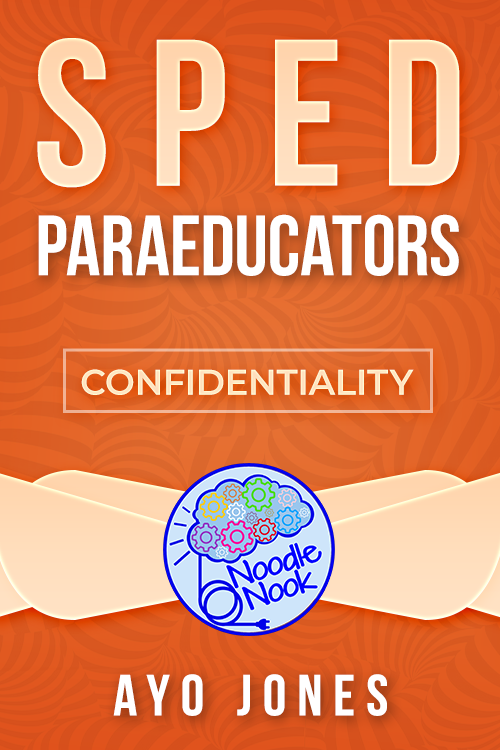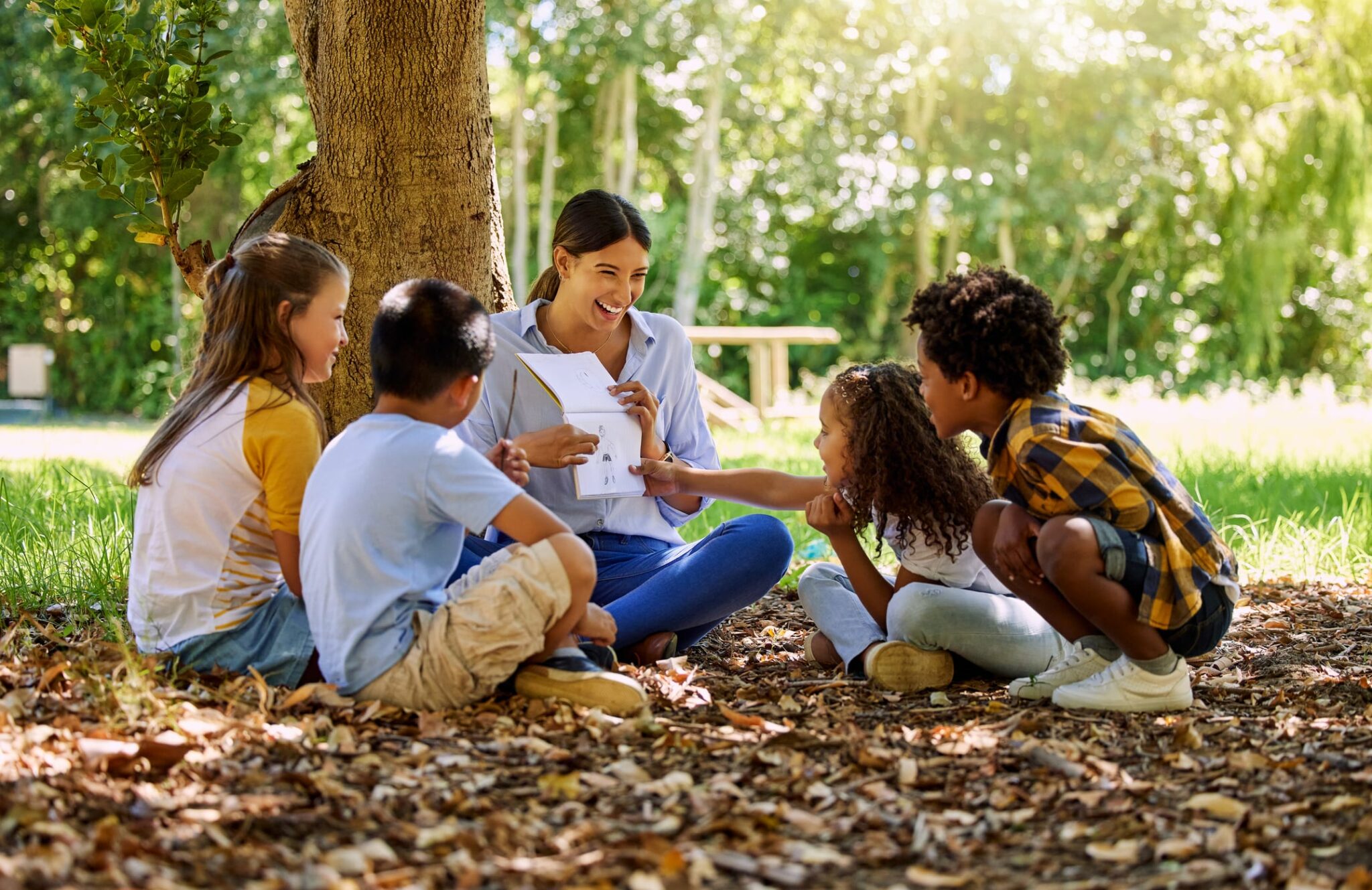Maintaining student confidentiality is an important part of creating a positive learning environment. Confidentiality is federally mandated and assures that a student’s private information isn’t shared without their permission.
What is FERPA?
Nobody wants their personal business shared without their consent. Privacy is so important that there are even federal guidelines called Family Educational Rights and Privacy Act, or FERPA, that were created to help students keep their private education records secure.
All educators must follow these guidelines or else they could face legal consequences. This law applies to all schools that receive certain federal funding from the government.
Here are two important things to remember when it comes to FERPA.
FERPA applies to both hard copy and digital records
According to FERPA guidelines, any kind of educational record information is protected. What counts as record information?
FERPA covers things like:
- Addresses
- Phone numbers
- Attendance records
- Grades
- Discipline plans
- Information about a students behavior
What’s important to note is that the law applies to both digital and written records.
Violating FERPA is often accidental
It’s easy to assume that the most common FERPA violators are evil people out to ruin a student’s life or purposely cause problems, but the truth is, most student confidentiality is broken accidentally.
Some educators mindlessly chat about their students to their friends. Others work hard to only talk to people involved in the situation but talk about their students in a public place where they can easily be overheard.
Don’t forget that FERPA also applies to students even after you’re no longer working with them. The best thing to do to avoid accidentally violating FERPA is to simply not talk about your students’ situations with anyone not connected to them.
Become a FERPA expert
If you’re an educator who needs to brush up on FERPA regulations, then educator Ayo Jones’s newest course is perfect for you.
This course will help special education paraeducators better understand confidentiality, including best practices and guidelines. This session works well for training and preparing paraeducators for their special education job duties and as a partnered training between a teacher and their para partner.
This session is part of the Special Education Paraeducator Training Series. The series is all about preparing paraeducators and their teacher partners to support students with disabilities in the classroom. This series delivers on guidelines, best practices, essential strategies, and critical information for support staff specific to working in special education.
In this 15-minute course, you will learn:
• What is FERPA
• Which information is protected under FERPA
• Why student confidentiality is critical
• What you can do to maintain confidentiality
Most importantly, as part of this series, you’ll develop a better understanding of what you can and should do to avoid violating the confidentiality of a student with a disability. Guided by best practices, our general guidelines, and a student-centered mentality, your special education team will be stronger and more effective.
Take the next steps
Are you ready to dive in? You can check out a free demo of this course today!







